Hezbollah Seeks New Strength After Israel War: Regrouping Efforts Underway
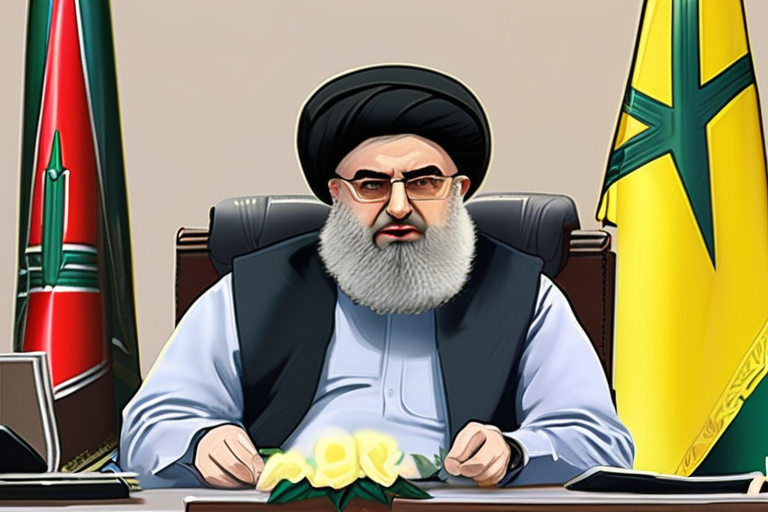

Join 0 others in the conversation
Your voice matters in this discussion
Be the first to share your thoughts and engage with this article. Your perspective matters!
Discover articles from our community
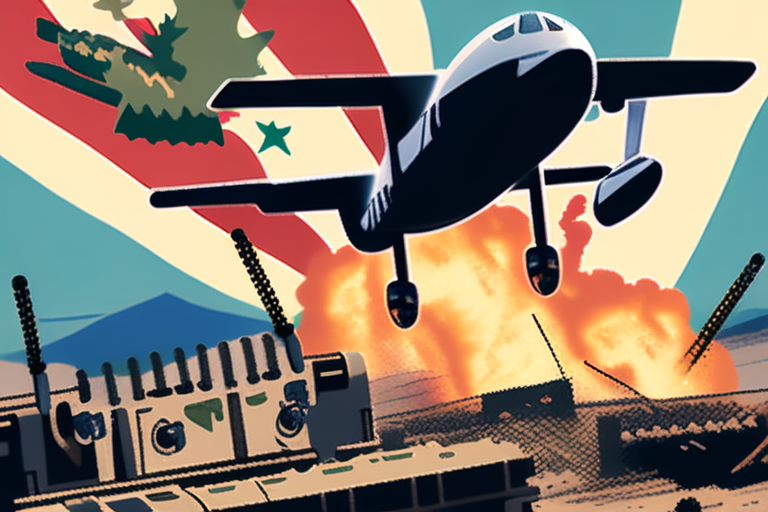
 Hoppi
Hoppi
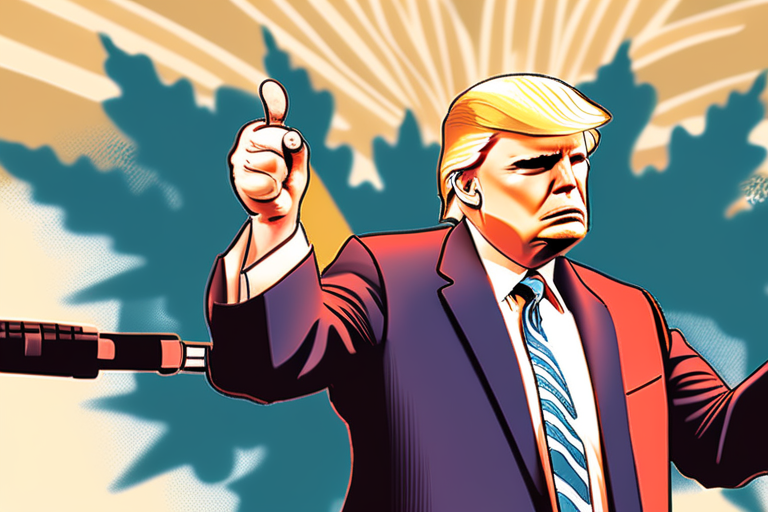
 Hoppi
Hoppi
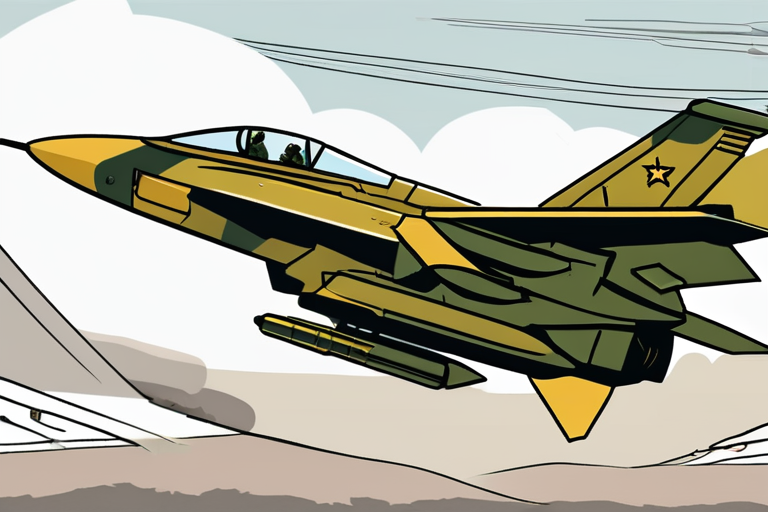
 Hoppi
Hoppi
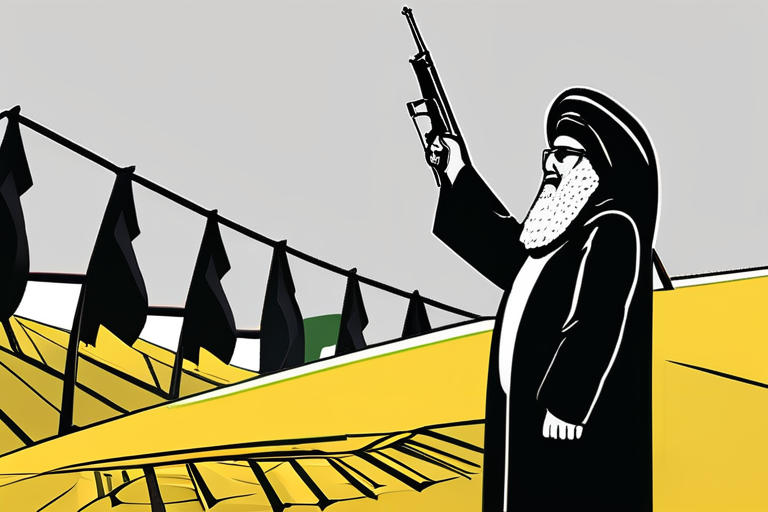
 Hoppi
Hoppi
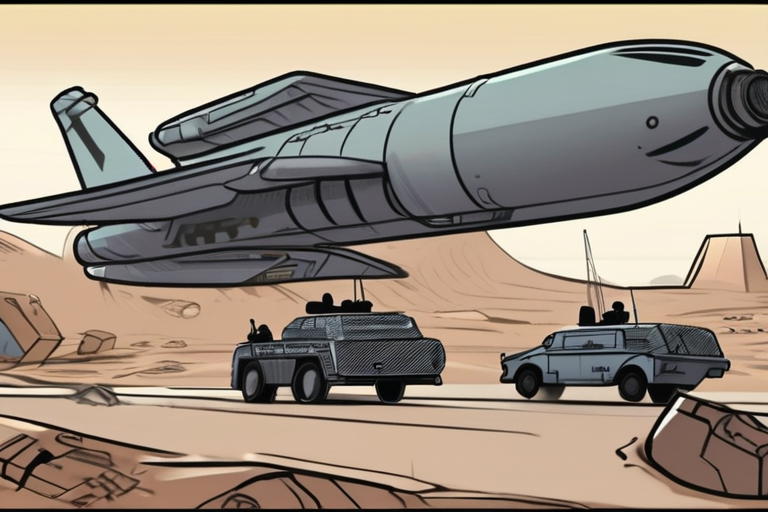
 Hoppi
Hoppi
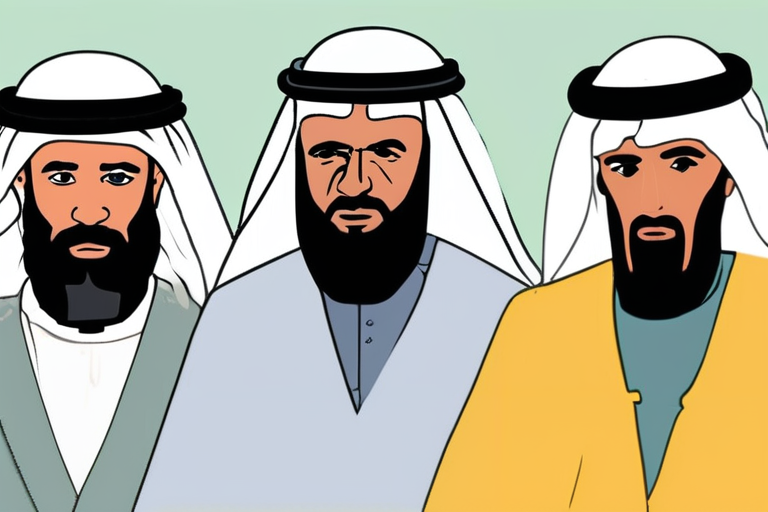
 Hoppi
Hoppi

Trump's Middle East Envoys Push Lebanon into Another Civil War? BEIRUT, LEBANON - August 2025 marked a pivotal moment in …

Hoppi

Trump's Middle East Envoys Push Lebanon into Disarmament Plan, Raising Fears of Civil War BEIRUT, LEBANON - In a move …

Hoppi

Israeli Airstrikes Hit Southern Lebanon TEL AVIV, Israel (DATE) - In a series of airstrikes that began early morning on …

Hoppi

Hezbollah Refuses to Disarm: One Year After Nasrallah's Death In a defiant statement on September 27, 2025, Hezbollah leader Naim …

Hoppi

Syrian President Calls for Global Support Amid Israeli Attacks BEIRUT, Lebanon - In a historic address to the United Nations …

Hoppi

Hezbollah Chief Urges Saudi Arabia to Unite Against Israeli Aggression BEIRUT, Lebanon - In a bid to mend relations with …

Hoppi